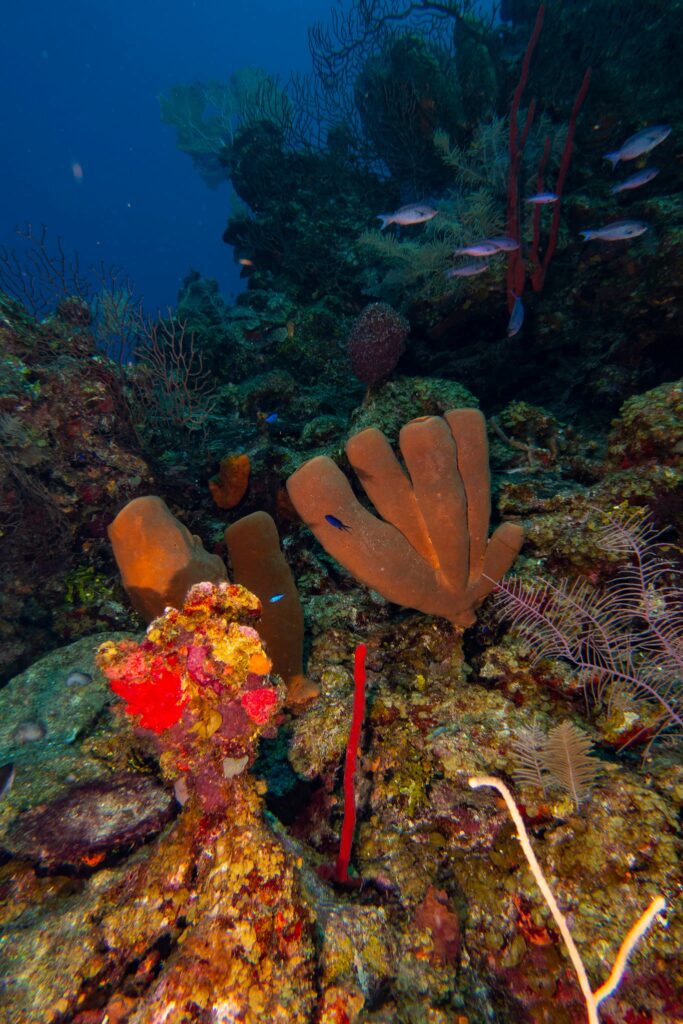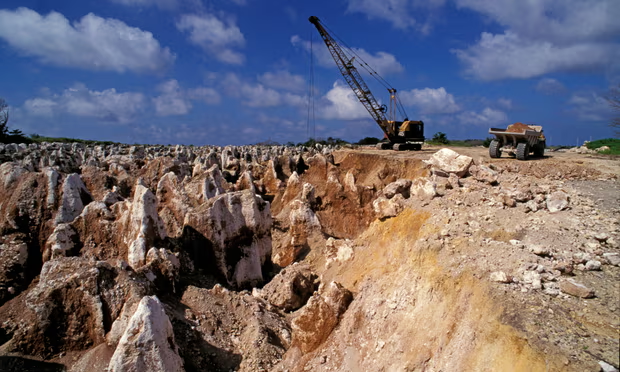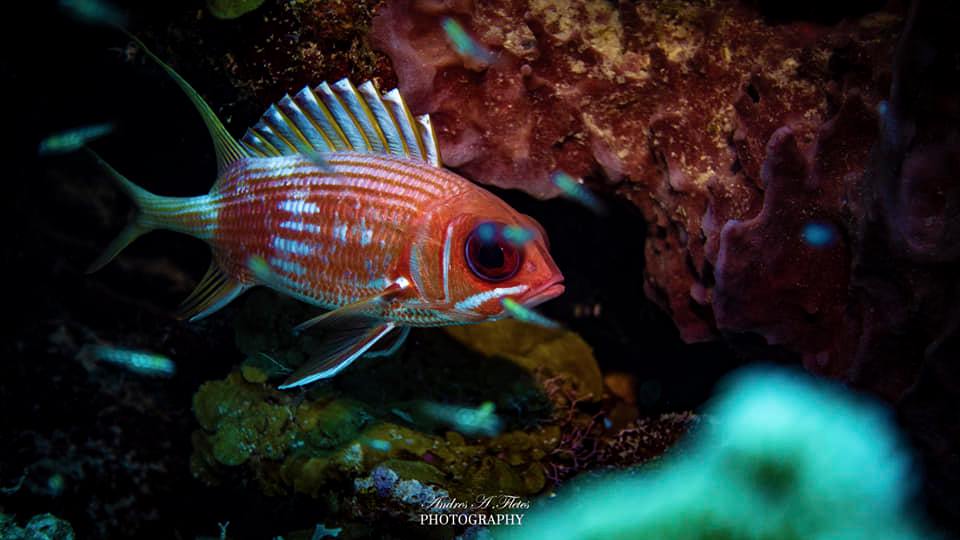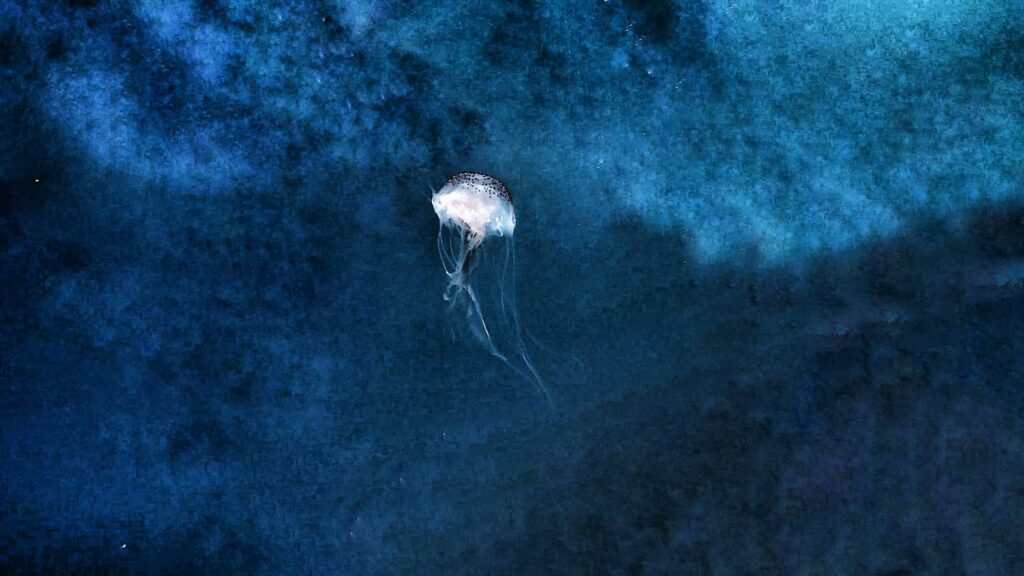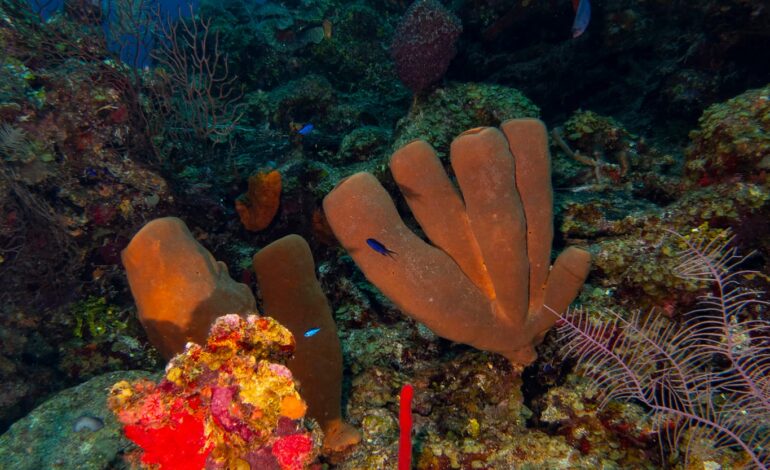
By: Chalsey Gill Anthony, Environmental Communicator and Advocate, Belize
Imagine that you’ve entrusted your life’s savings to a bank, believing it’s safe. Suddenly, you find out that the CEO took all your money to a casino known for rigging the games. The odds are stacked against the CEO; worse yet, he WILL lose your life savings. This is the reality of deep-sea mining—an emerging industry that threatens to strip the ocean’s seafloor for profit. Small countries are being sold the illusion of riches through deep sea mining, but what they’re really getting is a risky gamble that could threaten their very survival.
Mining companies and powerful nations present deep sea mining as a win-win opportunity—a quick way for small countries to earn money “while saving the planet through green technology.” But behind these big promises lies the truth of exploitation, where these nations risk their most precious resources and livelihoods, leaving them with nothing but empty promises and environmental devastation.
he Nauru Precedent: A Cautionary Tale
Take Nauru, for example. This small Pacific island was once one of the richest countries in the world because of its phosphate reserves. It used to be a beautiful place, full of plants and wildlife. But years of mining for phosphate destroyed the soil and vegetation. Now, it’s mostly empty, eroded land that cannot even be used for agriculture. Biodiversity decreased significantly, and several plant and animal species were lost forever. Its economy collapsed, leaving its people in poverty and its environment ruined.
Now, Nauru is back in the spotlight for deep sea mining and is now being attracted by this risky industry. In 2021, Nauru triggered the International Seabed Authority’s (ISA) “two-year rule,” that sped up efforts to finalize mining regulations. Why? Because Nauru desperately needs money and is backing a mining company to exploit its seabed. Isn’t it strange that a country damaged by mining is now being asked to allow more environmental destruction? This is a warning for small nations that are being tempted by promises of wealth and pushed into risky ventures with long-term consequences they can’t afford. Mining can cause damage that’s impossible to fix, and it’s a risk small island nations simply can’t take.
The Caribbean Connection
The Caribbean faces similar challenges. Many countries, including Belize, rely on tourism and fishing—both dependent on a healthy ocean.
Communities across the region have grappled with sargassum blooms, which blanket beaches and disrupt marine ecosystems, and Saharan dust clouds, which harm air quality and public health. These challenges underscore how interconnected the natural world is and how external disruptions can have negative local impacts. Deep sea mining would only add to these pressures.
Deep sea mining threatens key industries that support Caribbean economies. When companies disturb the seabed, they can release toxic clouds that suffocate marine life, create noise pollution, and disrupt food chains. This disruption could lead to species extinction and harm vital habitats that have taken millions of years to form.
It’s important to remember that the ocean is not just something to exploit; it’s a complex system that provides essential services to humanity. These include regulating our climate and ensuring food security. By chasing quick profits from deep sea mining, we risk harming the long-term health of our planet.
A High-Risk Gamble
Let’s look at what mining companies don’t want you to see. While deep-sea mining promises potential profits from valuable minerals like nickel and cobalt, we must ask: at what cost?
Consider the economy of a Caribbean nation:
- Fishing Industry: Generates millions in revenue each year.
- Marine Tourism: A key part of economic stability.
- Ecosystem Services: Include processes like absorbing carbon dioxide and producing oxygen.
- Biodiversity: Potential future medical discoveries from marine life.
Once deep-sea mining starts, all these systems can be affected. Mining could cause damage that we can’t reverse before we even understand how these ecosystems work. Disturbing the seabed might also release stored carbon back into the atmosphere, worsening climate change.
Coastal communities that depend on fishing and tourism will feel these impacts more severely.
The truth is we don’t need deep sea mining to create a sustainable future. We can recycle existing metals and improve land-based mining practices instead. More importantly, investing in a healthy ocean offers long-term economic benefits. The push for deep sea mining highlights a serious imbalance in power. Small nations often find themselves pressured into agreements that prioritize quick profits over long-term sustainability. It’s time to change this narrative. Caribbean nations should join the call for a precautionary approach on deep sea mining until we understand its full impacts. By standing together, we can advocate for fairer regulations and sustainable alternatives.
A Call to Action
The ocean is more than just a resource; without it, we simply would not survive. For small nations like those in the Caribbean, it represents culture, livelihood, and identity. We cannot let history repeat itself. The story of Nauru should serve as a warning for us all. Let’s reject the risky gamble of deep sea mining and invest in our ocean’s health instead.
Caribbean countries like Belize must choose: Will we protect our ocean’s future or gamble it away for quick profits? The choice is clear: we can either risk an uncertain future or protect our ocean while building a sustainable future for generations to come. Instead of repeating past mistakes, we should choose a future where our ocean thrives and our communities prosper.
